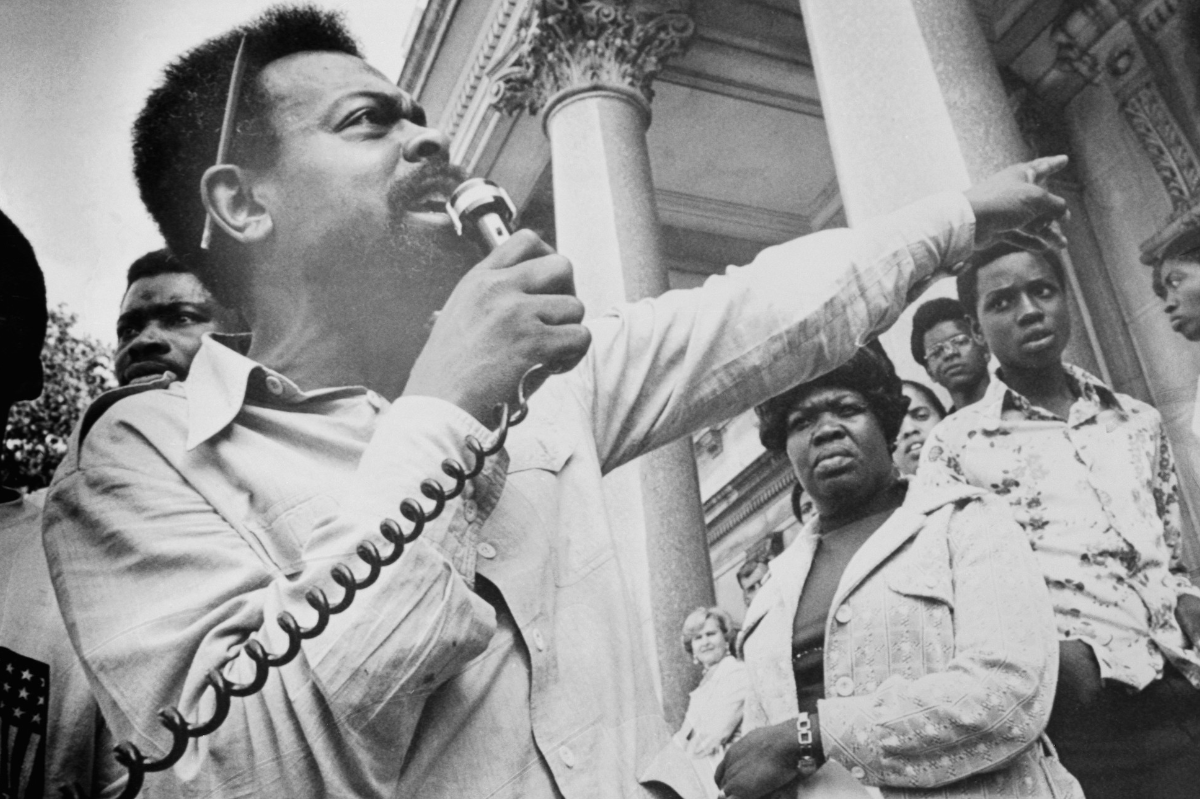The Tortured Antisemitism of Amiri Baraka
We want poems
like fists beating niggers out of Jocks
or dagger poems
in the slimy bellies of the owner-jews.
These lines, published in a much-anthologized poem written in 1966, spurted from the pen of the most influential and widely known Black writer/poet in America, Amiri Baraka. The poem, “Black Art,” advocated a poetry of violence and revenge: “Poems that wrestle cops into alleys/and take their weapons/ leaving them dead/with tongues pulled out and sent to Ireland.” Other enemies of Black liberation get their meed of bile, but Jews are called out three times, including the invocation of “Another bad poem cracking/steel knuckles in a jewlady's mouth.”
This last image is particularly shocking as it can’t be justified as retribution against Jewish slumlords (“owner-Jews”) or hypocritical liberals. Baraka’s rage taps into an antisemitism that tarred the whole Black Arts Movement of the 1960s (along with sexism and homophobia). Would it surprise you to learn that his first wife, Hettie Jones (née Cohen), was Jewish, as were the two daughters he had by her? What makes Baraka’s Jew hate particularly poisonous is that it is an infected form of Jew love. And what makes Baraka’s antisemitism so culturally percussive is that he’s a really powerful poet.
His one poem exclusively devoted to pillorying the Jews, “The Black Man Is Making New Gods,” published in a 1967 issue of “The Evergreen Review,” an avant-garde literary journal, makes the point for better and for worse. I reproduce it elsewhere in the newsletter for those who can stomach its full force. However, the opening lines are pungently representative.
Atheist jews double crossers stole our secrets crossed
The white desert to spill them and turn into wops and bulgarians
The great sin of the Jews, according to Baraka, was that in crossing the white desert, they had repeated the role they had played earlier in history. Once, the Jews had been part of a slave culture. When they gained their freedom, left Africa, they crossed the desert and eventually spawned Christianity, the slave religion par excellence. “The Fag’s Death/they gave us on a cross.” The Diaspora sent the Jews into Europe where, “their escape/with our power/with our secrets and knowledge, they turned into “wops and bulgarians.” Likewise in America Jews had come as a persecuted band. Here too they crossed the white desert and assimilated into Amerika – the oppressor. Literally as well as figuratively “Atheist jews” (modern Jews having long stopped believing in Jehova) were “double crossers.” But Baraka’s antisemitism is fueled by self-hatred as well.
But Baraka’s antisemitism is fueled by self-hatred as well. The culture that birthed him as a poet had many Jewish midwives. Allen Ginsberg, Jules Feiffer, and Norman Mailer were among “the little arty bastards” who helped create the Beat movement of the fifties. When he was married to the enemy, the couple’s Greenwich Village apartment served as a salon and nexus where America’s most revolutionary poetry was conceived. But as Baraka became increasingly radicalized by the rise of Black Power in the civil rights struggle, the assassination of Malcolm X in 1965 pushed him over the edge. Leroi Jones left his Jewish wife and their Village scene, moved to Harlem, and founded the Black Arts Movement.
“For Tom Postell, Dead Black Poet,” published in the same collection as “Black Art,” reveals how much Black intellectuals were influenced by the Jews. (Brace yourselves!)
You screamed and slobbered on me, to hear you. And I
didn’t. Shacked up with a fat jew girl. Talking about Shakespeare, I didn’t hear
you, brother.
But Tom Postell’s final words are, “The jews are talking through my mouth.”
The insoluble contradiction for the modernist poet is that his culture, his literary culture, is Western. As long as the Black writer communicates in this mode, the Jews are talking through his mouth. “I got the Hitler syndrome figured,” Baraka writes later, “What that simpleton meant. He can’t/stand their desert smell, their closeness to the truth.” And what makes it even more galling is that even though the Jews are historical sellouts, they *still* get the twentieth-century prize for suffering: “cinemascope the jews do it/big.”
The strength of the Jews derives from the fact that they were originally in the non-Western camp; all their power comes from the people they ripped off. They suffered; now they oppress. As oppressors, they mock the wisdom they once possessed. Their success is no model for the Blacks but weaves itself into the texture of American exploitation. So, rejecting that legacy – as he must – “The Black Man Is Making New Gods.” And out of this antisemitic logic comes a poem – a poem not devoid of literary merit. Shocking as they are, some of the lines are brilliant in their compression.
hanging stupidly
from a cross, in an oven, the pantomime
of our torture
There are others (“Suck you pricks.”) that seem less inspired.
This is a bridge much farther than the genteel antisemitism of such other modernist gods as T.S. Eliot and Ezra Pound. The blast furnace of Baraka’s hate, no matter how understandable its origins, no matter how “artistically” expressed, incinerates all possible dialogue between Black nationalists and Jews of any stripe.
(But perhaps not his daughters? It’s all very confusing!)
Recent Posts
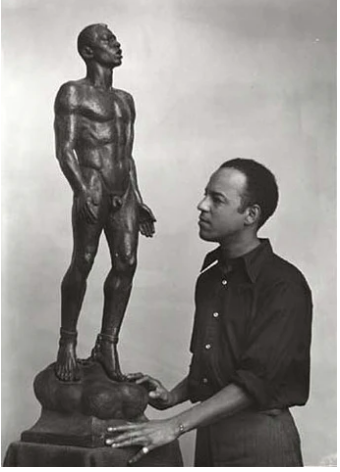
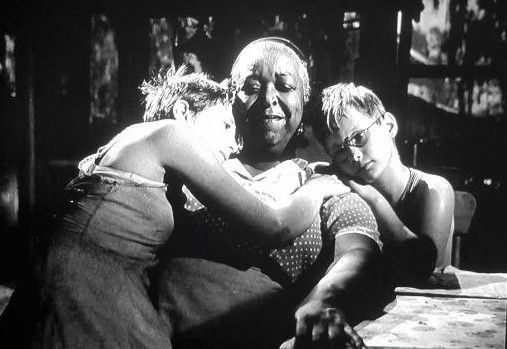
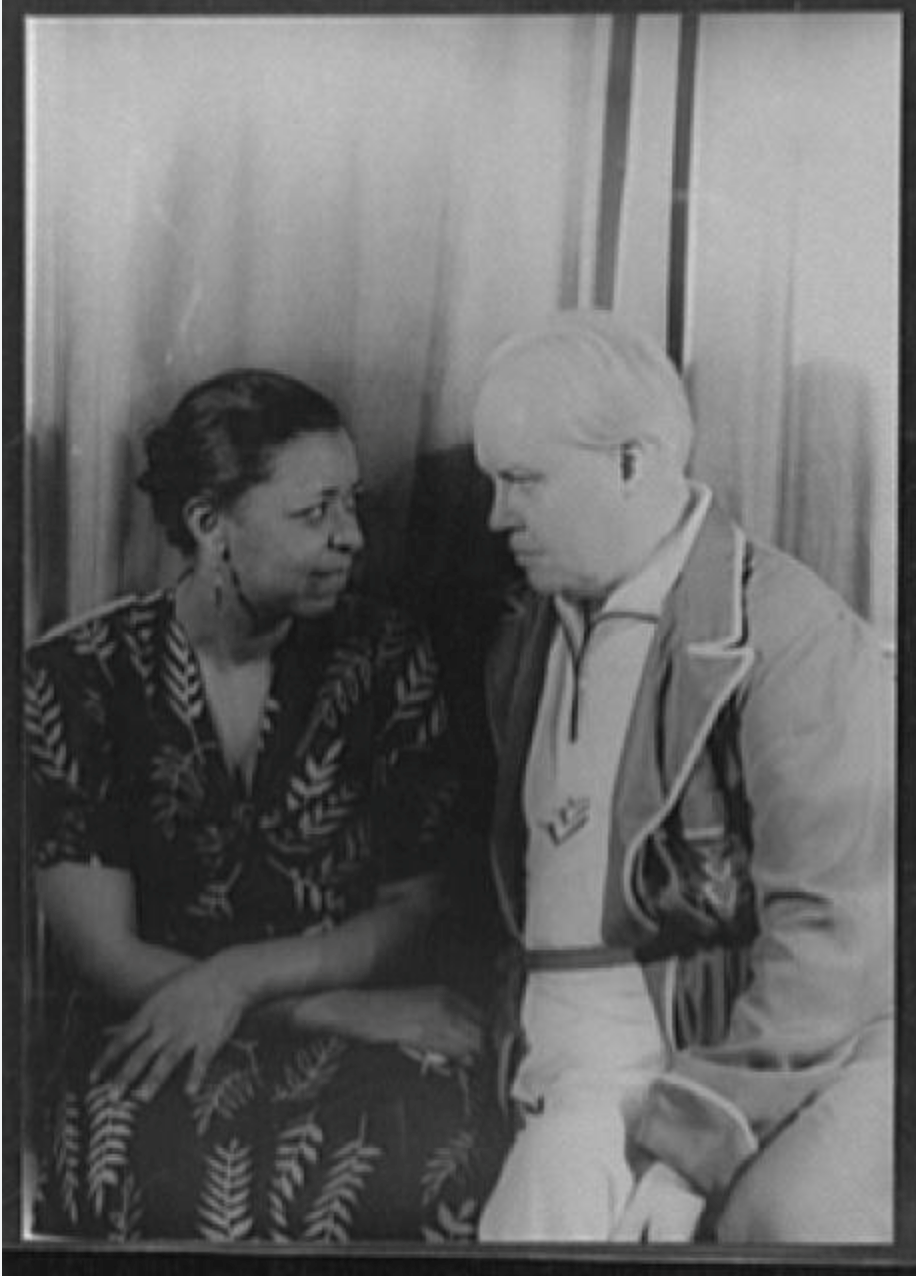
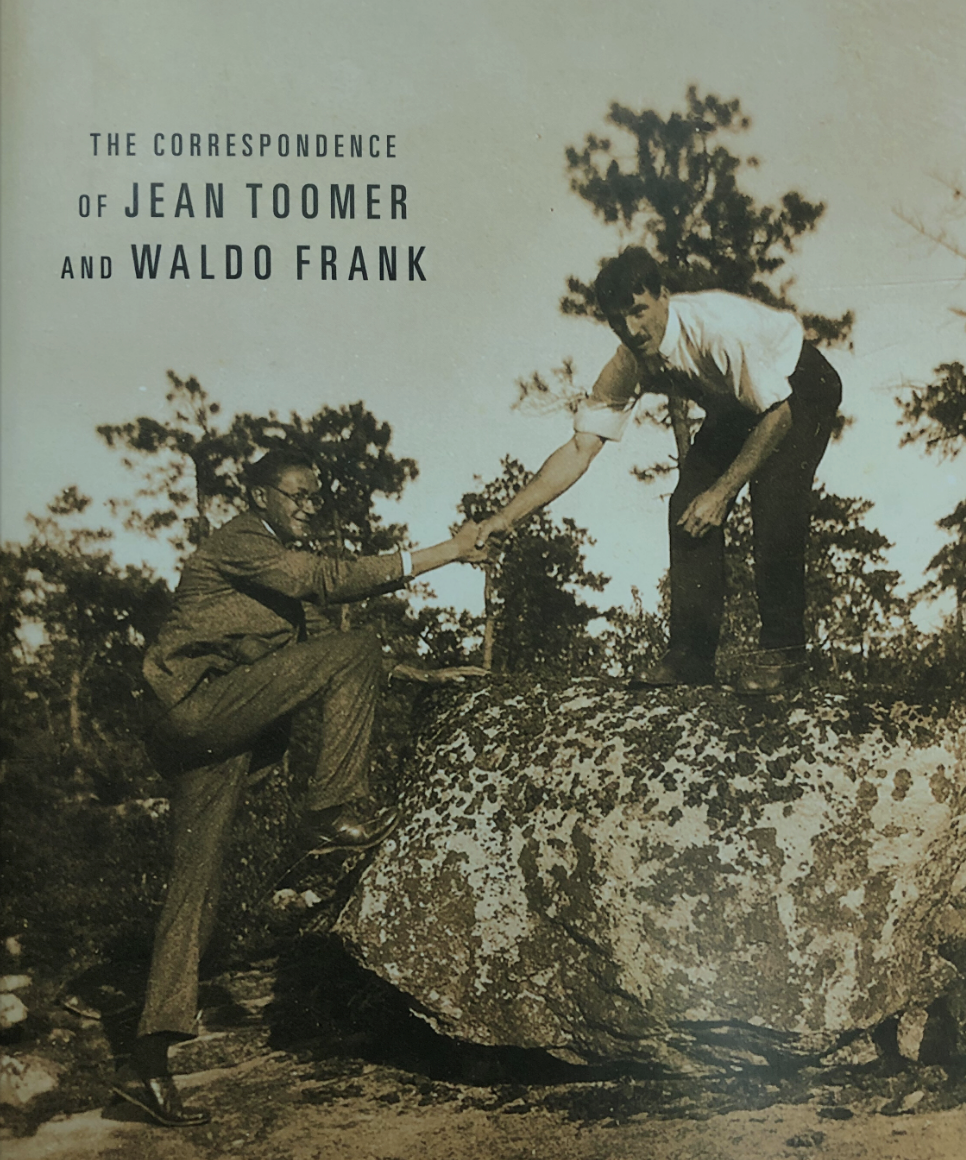
SHOGA FILMS is a 501(c) (3) non-profit production and education company. We create multimedia works around race and sexuality that are intended to raise awareness and foster critical discussion.
Contact Us
All Rights Reserved | Shoga Films
Stay Connected
Thanks for subscribing!
Please try again later.


